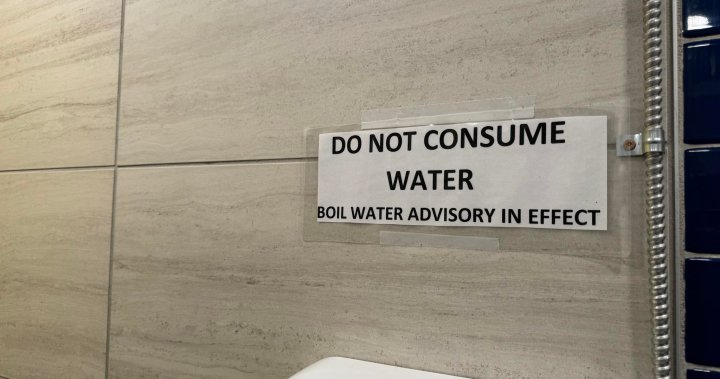A campaign initially launched in Alberta that aims to recruit people into ongoing clinical trials is expanding to include the entire country.
The Be the Cure campaign aims to educate people on how they can take part in clinical trials, in hopes of advancing medical research to find cures for various diseases.
“One of the major barriers to recruiting people to clinical trials is that members of the public don’t always know when a trial is taking place,” said Emily McDonald, an associate professor of medicine at McGill University Health Centre who is part of the Be the Cure campaign.
“That can mean that it takes a long time for a study to complete, and sometimes that can delay us finding novel tests or treatments for rare diseases or cancers or infections.”
Be the Cure originally started in Alberta and is now becoming pan-Canadian. A list of trials is available online for people with diseases to search for trials in their area.
The initiative also aims to recruit more diverse people to clinical trials.
“(That way,) in the end, when the drug becomes available, we know that the drug is safe and effective for a larger population of people,” McDonald explained.
Get the latest Health IQ news.
Sent to your email, every week.
“We might be able to tell if the medication is safe in older adults, for example. Or we might be able to tell that the drug is safe in men and women.”
Not only does Be the Cure help researchers fill their trials, it also offers Canadians the opportunity to try new potential treatments when they’ve exhausted all of their options.
“It improves the health of Canadians,” McDonald said.
One of those Canadians is Alberta resident Candy Marriott. She lives with idiopathic pulmonary fibrosis, a disease that causes scarring of the lungs and for which there is no cure.
“It is a progressive disease. They say the average person lives anywhere from two to five years, just depending on the person’s body and how fast it progresses,” Marriott explained.
“There is some medication out there that help slow down the progression but not all medication works for everybody.”
Marriott has been involved in the Be the Cure program for two years, taking part in two separate clinical trials.
She said participation in the trials has been relatively easy. She is hopeful that by taking part, she will help lead to advancements in medicine that will eventually lead to a cure for her disease.
“I believe in paying it forward,” Marriott said. “I know there’s not going to be a cure in my lifetime, but maybe 10 years or 20 years from now they may have enough information to find a cure or help people live longer.
“I would like to be around in 20 years from now to see my grandkids grow up.”
More information on the Be the Cure program, and a searchable database for clinical trials across Canada, can be found on the organization’s website.
© 2024 Global News, a division of Corus Entertainment Inc.



